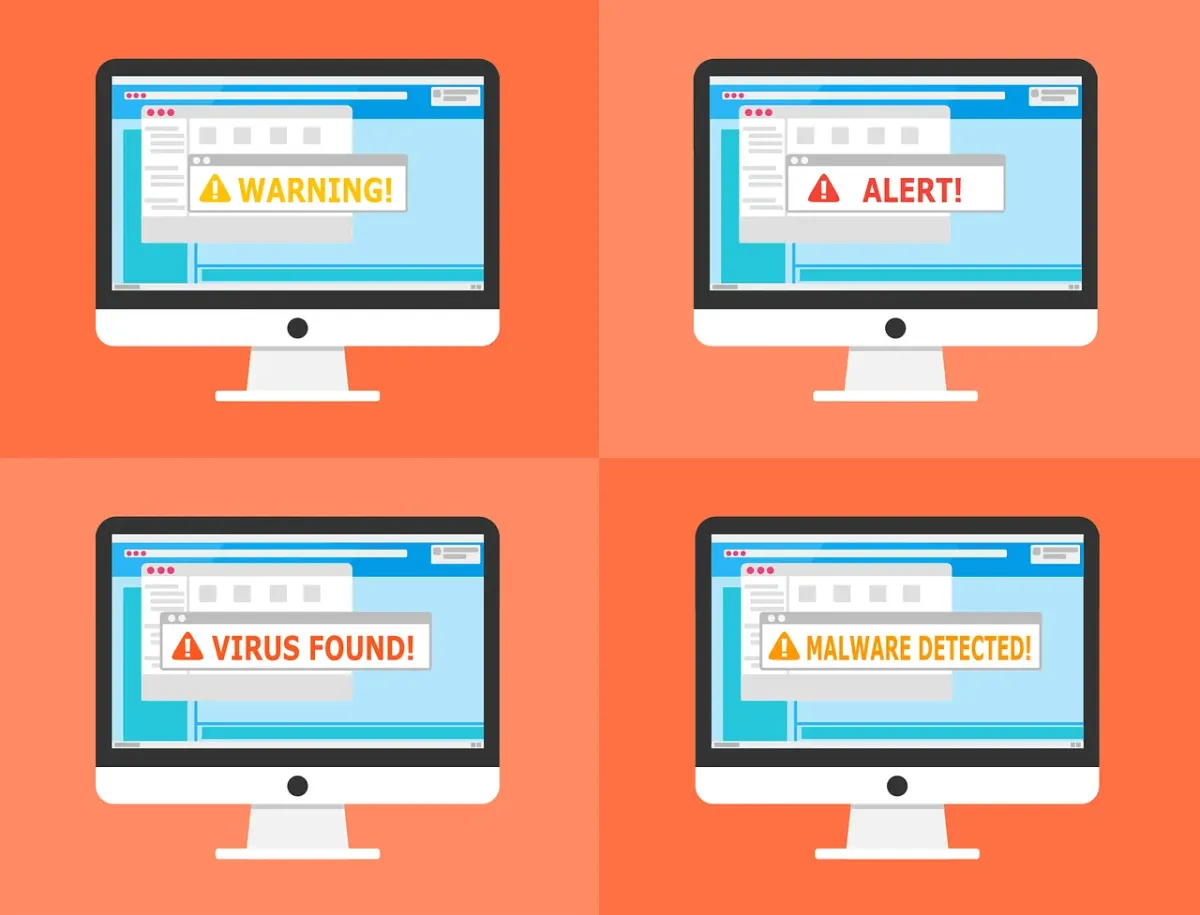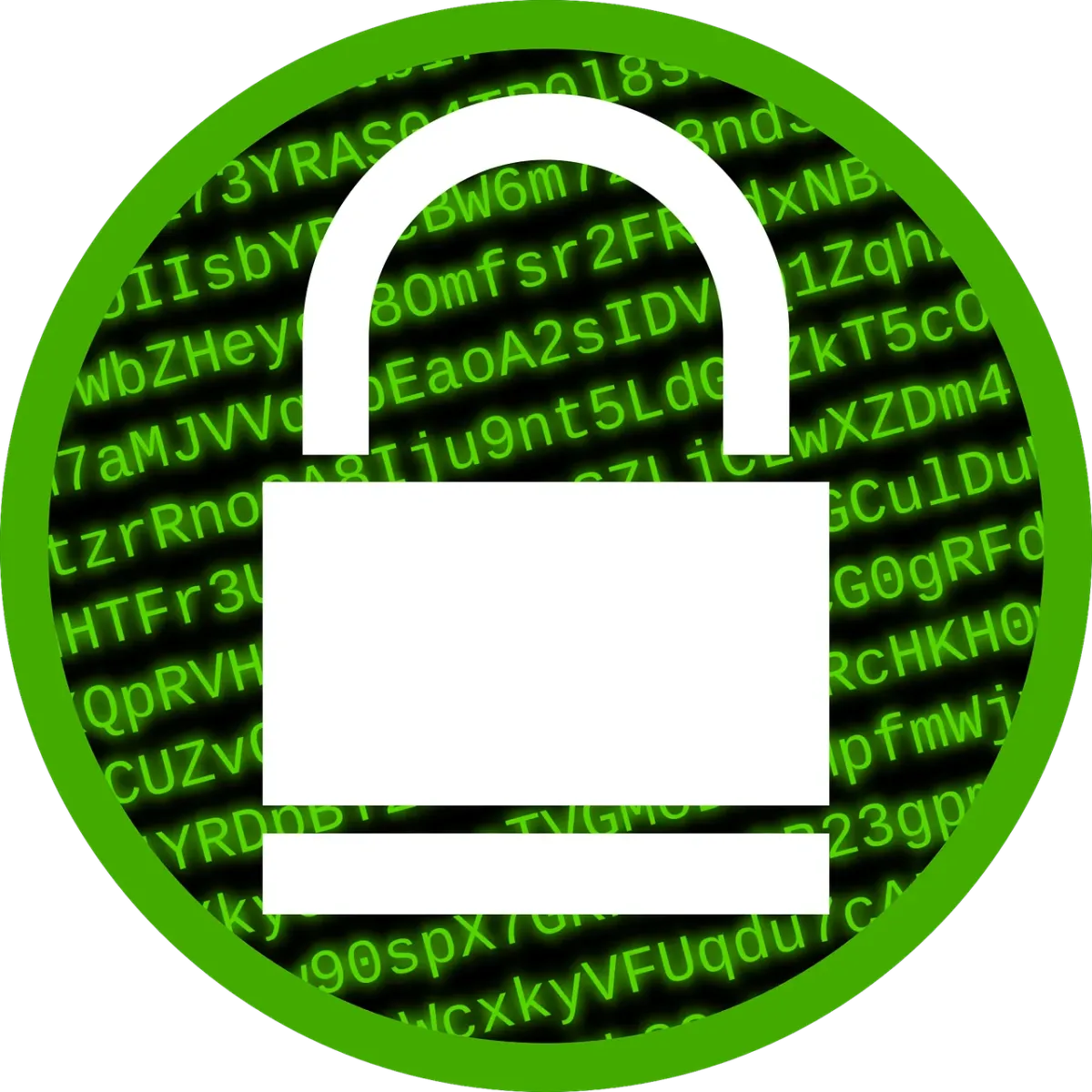
Crossover IT
Newsletter
Crossover IT Newsletter delivers the latest tech trends, insights, and practical tips, helping IT pros and enthusiasts stay ahead and sharpen their skills in a rapidly evolving digital world.

Recent Blog Posts

Event Logging Best Practices
Today’s businesses are no stranger to the word cybersecurity. They are facing a growing wave of cyberattacks. These come from ransomware to sophisticated phishing schemes. How do you stand ahead of these threats? A strong cybersecurity strategy is essential. One crucial component of this strategy is event logging. It’s one that not every business owner is aware of.
Google Search Malvertising
There are many types of malware. One of the most common is called “malvertising.” It crops up everywhere. Including social media sites and websites. You can also see these malicious ads on Google searches.
Two things are making malvertising even more dangerous. One is that hackers use AI to make it very believable. The other is that it’s on the rise, according to Malwarebytes. In the fall of 2023,
malvertising increased by 42% (month over month)
.


Embrace Cashless Evolution
Discover the essential tech tools that can help micro and small businesses streamline operations, improve customer engagement, and scale sustainably. From cloud solutions to CRM platforms, this guide breaks down affordable and scalable options for every MSB.
Data Breach Notice
When it happens, you feel powerless. You get an email or letter from a business saying someone breached your data. It happens all too often today.
Data breaches happen at banks, online sites like Facebook, and ecommerce stores. Not only that, but governments are also victims. This leaves things like your address, SSN, and credit card details exposed to thieves.
A business getting hacked is something you have little control over. But you can take important steps afterwards. We’ve outlined the most important things to do below. These steps can help you mitigate the financial losses.

Read more from our Blogs

Remote Work Security Revisited: Advanced Strategies for Protecting Your Business in 2025
Remote and hybrid work aren’t going anywhere. For many small to medium businesses (SMBs) in Newcastle, flexible work models have become the new normal. But with that flexibility comes higher security risks — from unsecured home Wi-Fi to personal devices accessing sensitive data.
At Crossover IT, we help Newcastle’s SMBs stay ahead of these challenges with advanced security strategies built for today’s distributed teams. Here’s how to strengthen your remote work security in 2025 and beyond.
The New Remote Reality
A recent Gartner study showed that 76% of employees expect flexible work options as a standard benefit. That means your business needs to treat remote security as a permanent priority, not a short-term fix.
Modern attackers are targeting:
Weak passwords
Unpatched software
Unsecured personal devices
Employees working on public Wi-Fi
Strong, layered defences are no longer optional.
Advanced Strategies to Strengthen Remote Security
1. Embrace Zero Trust Architecture
Zero Trust means assuming no device or user is automatically trustworthy — even inside your own network.
How to apply it:
Enforce strict identity verification
Limit access to only what each user needs
Continuously monitor activity for red flags
Platforms like Microsoft Entra or Okta help small businesses build Zero Trust policies without enterprise-level budgets.
2. Deploy Endpoint Detection and Response (EDR)
Legacy antivirus isn’t enough. EDR tools give you 24/7 visibility, advanced threat detection, and automated responses when something suspicious happens.
Benefits of EDR:
Monitors behaviour, not just signatures
Automates quarantine of infected devices
Integrates with your broader security stack
3. Strengthen Secure Access with Modern Tools
Traditional VPNs can be slow and vulnerable. Instead, look at secure access alternatives like:
Software-Defined Perimeter (SDP)
Secure Access Service Edge (SASE)
Cloud Access Security Brokers (CASB)
These provide faster, more granular access controls — ideal for remote teams.
4. Automate Patch Management
Outdated software is a hacker’s dream. Automate your patching process so updates happen consistently and quickly. Remote Monitoring and Management (RMM) tools make this simple for SMBs.
5. Build a Security-First Culture
Even the best technology can’t protect you if employees ignore good practices. Prioritise training and make security part of your workplace DNA:
Run simulated phishing tests
Share simple, jargon-free policies
Tie security KPIs to leadership reviews
6. Implement Data Loss Prevention (DLP)
Remote work means data travels everywhere. DLP solutions monitor, classify, and protect sensitive information as it moves across devices and cloud platforms.
Tip: Solutions like Microsoft Purview or Symantec DLP work seamlessly with other business tools.
7. Centralise Security Monitoring with SIEM
Security Information and Event Management (SIEM) tools unify your security data and automate responses. A modern SIEM can:
Correlate events across endpoints, networks, and cloud
Detect anomalies with machine learning
Simplify compliance reporting
Building a Resilient Remote Work Framework
Modern cybersecurity is about adaptation. Remote teams need flexible, scalable systems that evolve with them. Look for:
Modular, cloud-native tools
Integrations with your current apps
Support for hybrid work scenarios
Partnering with a local MSP for SMBs in Newcastle, like Crossover IT, ensures your systems stay protected without adding unnecessary complexity.
Need help building a secure remote work environment?
Contact Crossover IT — Newcastle’s trusted MSP — and stay one step ahead of evolving cyber threats.

Innovation
Fresh, creative solutions.

Integrity
Honesty and transparency.

Excellence
Top-notch services.

FOLLOW US
COMPANY
CUSTOMER CARE
LEGAL
Copyright © 2024. CROSSOVERIT. All Rights Reserved. Newcastle, Australia.